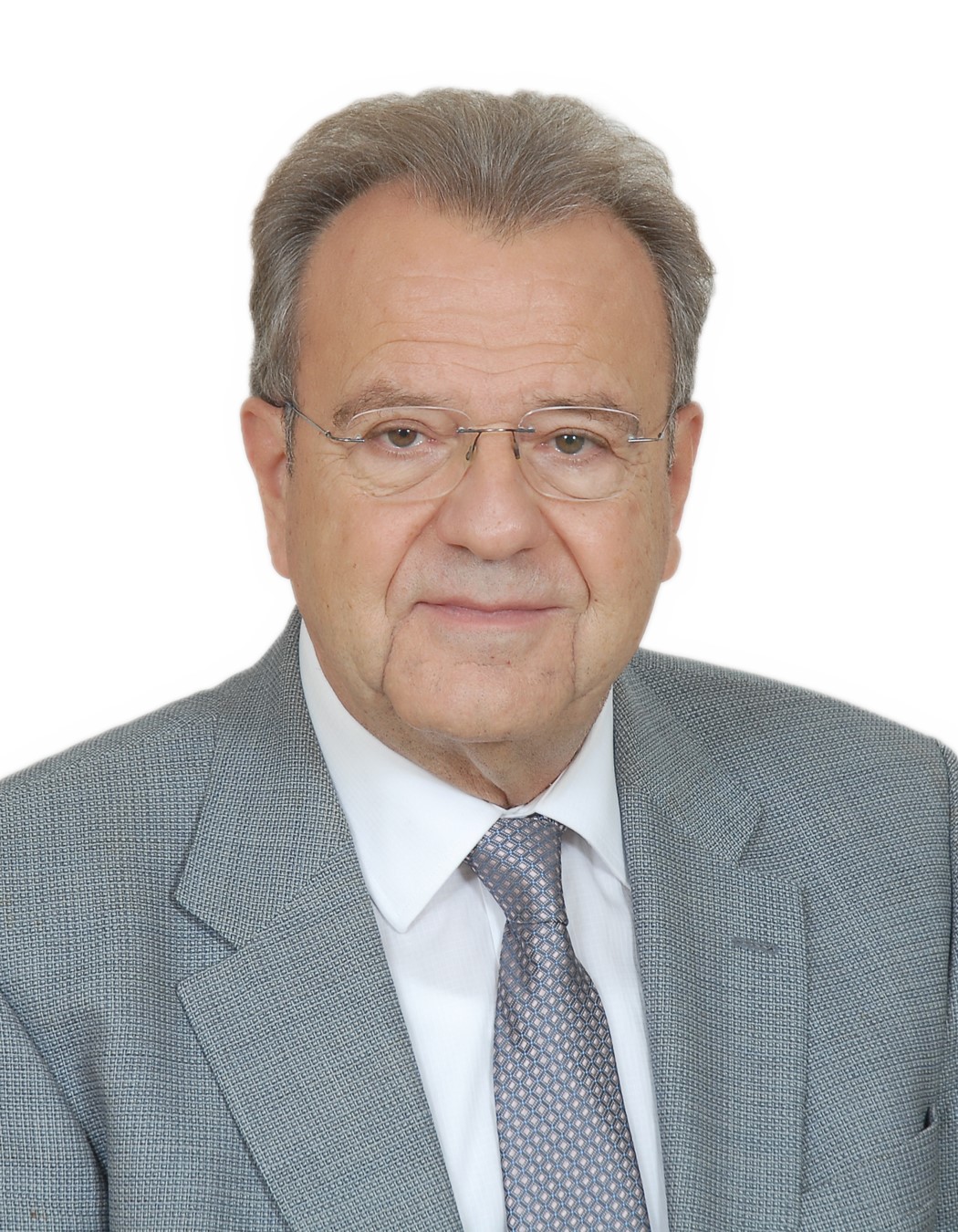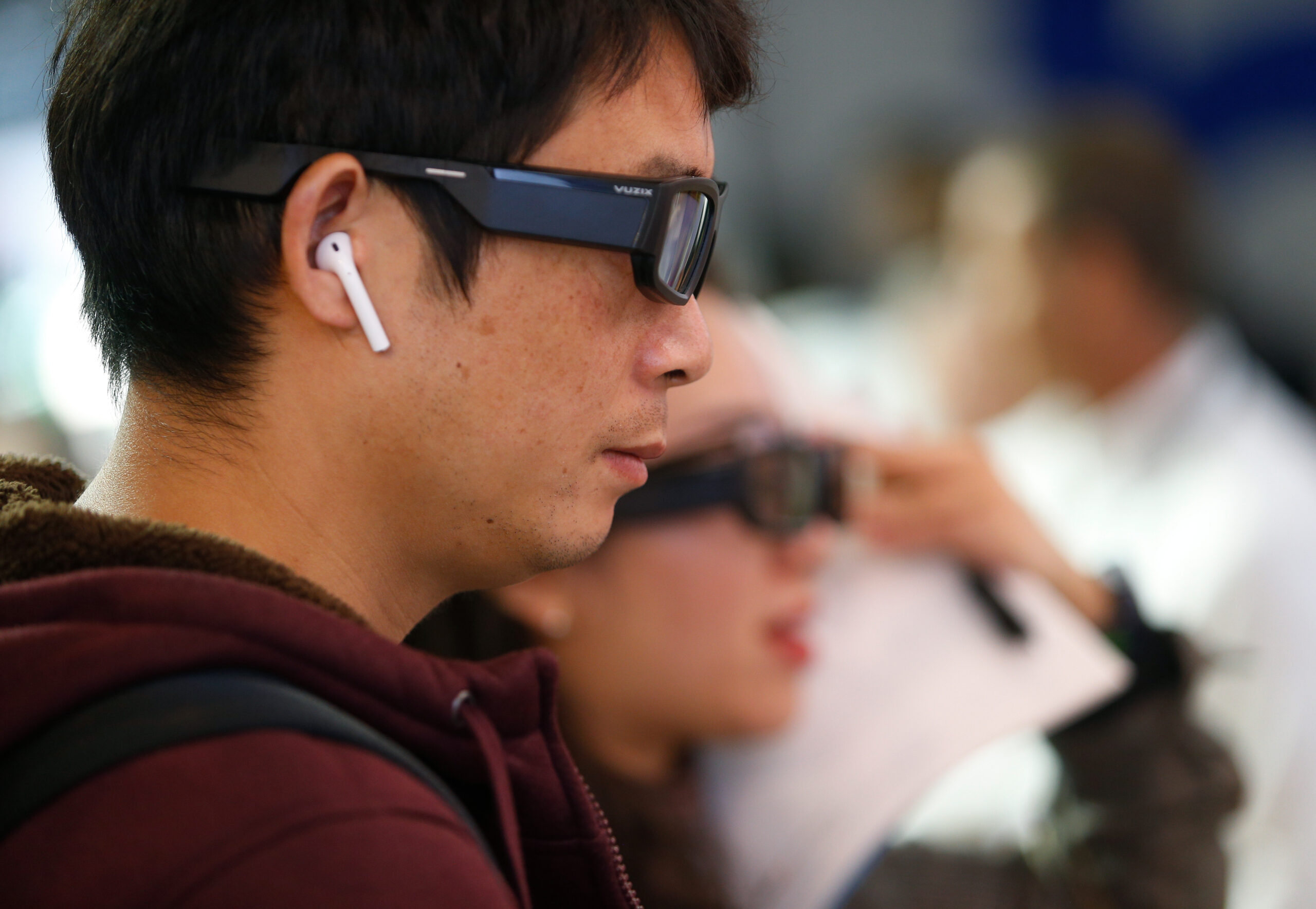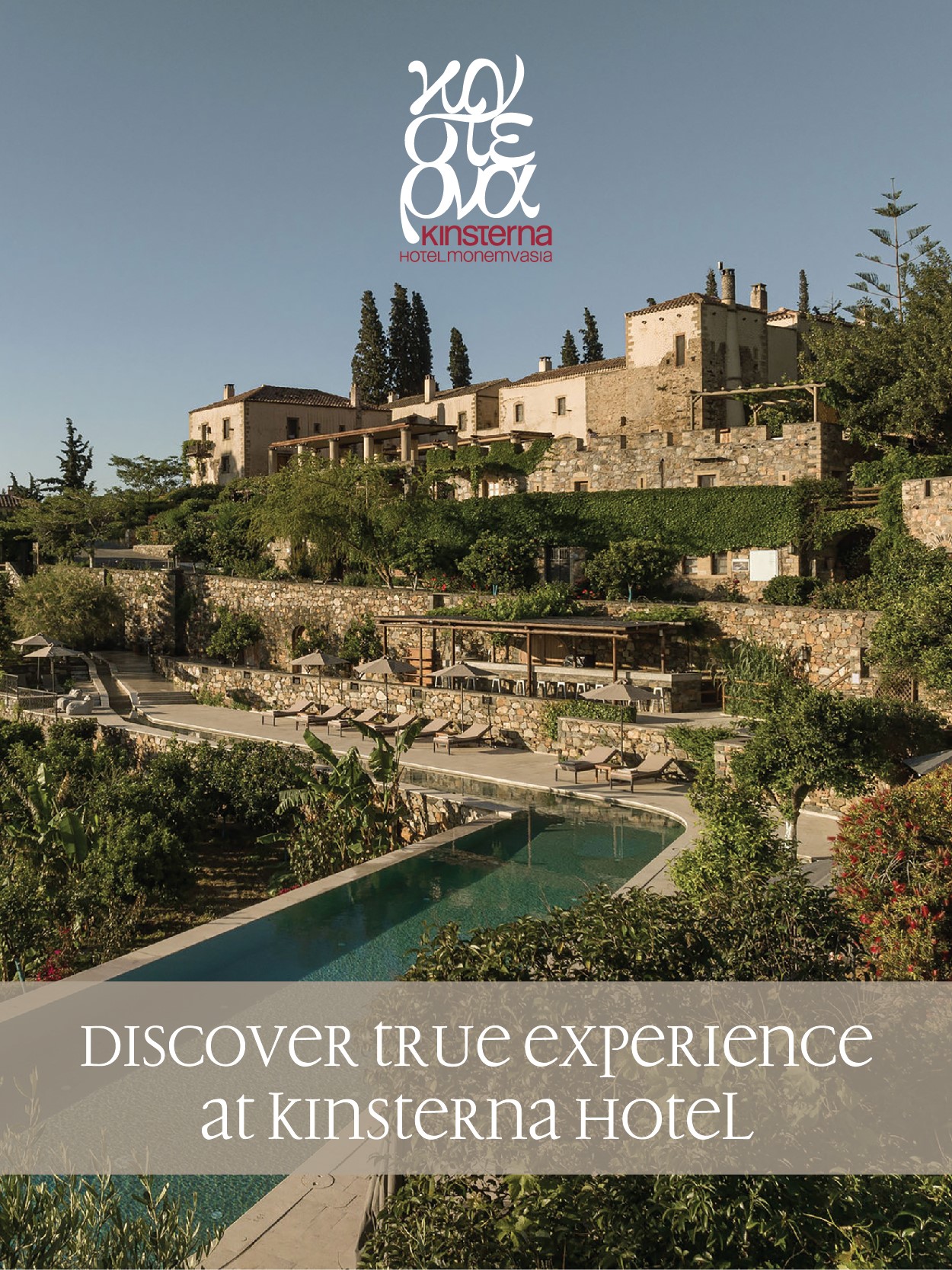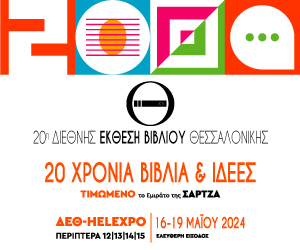 By Konstantinos Koussoukakis
By Konstantinos Koussoukakis
Professor of Dermatology – Lawyer – President of the Hellenic Academy of Medical Medicine – President of the Hellenic Association of Health Tourism
The primary sector of production is a source of income for a large part of the world’s population and is the productive sector of activities aimed at acquiring or extracting goods as raw materials for direct or indirect consumption, directly from nature.

The extraction is carried out by collecting from collectors, primary production products that are consumed by people without being processed. However, extraction of products is also done by extraction from the ground and subsoil by mining companies.
“The necessary transformation of our country’s agricultural economy requires the development of a strategic planning at national level…
The secondary sector includes the activities of processing and transformation of products. Depending on the means and the way it uses to process the goods, it is divided into crafts and artisanship, served by human hands, and industry when the goods are produced mainly by modern machinery – production is mass-produced and constantly applies new systems of development and production.
The refers to the provision of services, intangible goods and products, such as trade, health, education, transport, tourism, communications, the liberal professions, whose activities increase the utility of the goods produced in primary and secondary production. The tertiary sector is usually developed in large cities, while the primary sector is developed in small towns and villages.
The necessary transformation of our country’s agricultural economy requires the elaboration of strategic planning at national level that will converge and respond to the European strategy for the Green Deal, in the framework of the social agricultural policy for the implementation of the farm-to-table principle with a 50% reduction in the overall use of hazardous chemical pesticides and fertilizers by 2030, improvement of water quality and increase of land for biodiversity.
The digital transformation of the agricultural sector and especially precision agriculture will be the main means of reducing production costs and protecting the environment through the rational use of natural resources and agricultural inputs, while exploiting the positive link between research, innovation and extension services, because Greek agriculture lags behind due to low levels of investment, as fixed capital investment in Greece in 2017 accounted for 22.7% of the gross value added of agriculture, while in the rest of the world, it was 22.7% of the gross value added of agriculture.
 5G technology offers huge benefits in making it easier for farmers to produce food more safely, but with a much lower cost and footprint on the environment, through digital IoT tools and Big Data analytics. At the same time, water consumption will be reduced by 70% in agricultural production and the use of carcinogenic chemicals and fertilizers, with the use of drones, while surveillance will be carried out from home in real time, since real-time data will be continuously available for the prices of products in the market, as well as their collection and loading with autonomous robotic machines, without the stress of sudden bad weather, which is ensured by the connected metrological stations. Further, animal and fish farming will also change, with the use of robots, drones and underwater drones, surveillance and the use of Augmented Reality to monitor animals 24/7, their health and care.
5G technology offers huge benefits in making it easier for farmers to produce food more safely, but with a much lower cost and footprint on the environment, through digital IoT tools and Big Data analytics. At the same time, water consumption will be reduced by 70% in agricultural production and the use of carcinogenic chemicals and fertilizers, with the use of drones, while surveillance will be carried out from home in real time, since real-time data will be continuously available for the prices of products in the market, as well as their collection and loading with autonomous robotic machines, without the stress of sudden bad weather, which is ensured by the connected metrological stations. Further, animal and fish farming will also change, with the use of robots, drones and underwater drones, surveillance and the use of Augmented Reality to monitor animals 24/7, their health and care.
‘ In tourism, the provides activities with AR glasses and VR headsets, with which the tourist will experience with virtual representation the historical places visited and historical battles ‘
In the hotel industry, smart room applications will be made with automated temperature and light settings, elimination of keys and check in – check out and automation in processes such as room service, while hotel customers will be able to take a virtual tour of hotels before visiting them, knowing every corner of the hotel before choosing it.
The change of the production model as a cooperative activity (clusters) offering high added value, such as agro-food tourism that combines healthy Greek food with local products, has been proven, food and wine, offering modern demanding tourists an authentic experience in a particularly endowed natural environment with a unique bioclimate to avoid the side effects of the pandemic from confusion, enjoying quality and not quantitative tourism of four seasons, with all the benefits of modern 5G technology, referred to as the quaternary sector of the 4the industrial revolution.

















